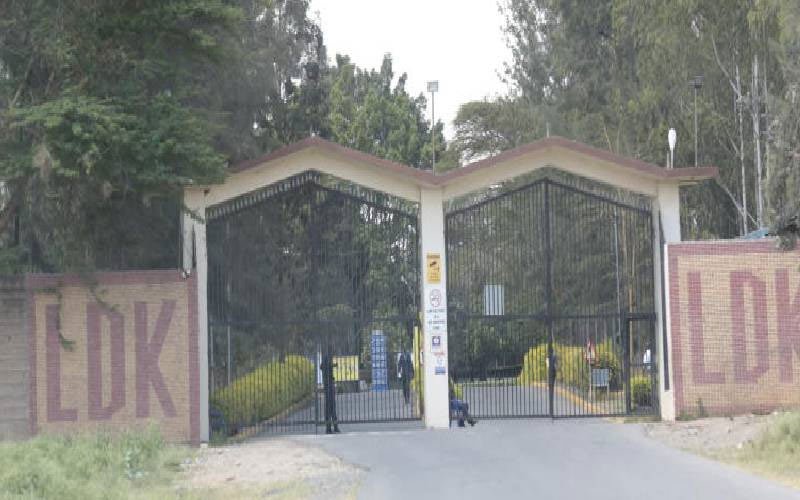×
The Standard e-Paper
Kenya’s Boldest Voice
 Nairobi, Kenya: An alcoholic beverage manufacturer has gone to court to challenge a decision to disconnect its sewer line.
Nairobi, Kenya: An alcoholic beverage manufacturer has gone to court to challenge a decision to disconnect its sewer line.
London Distillers (Kenya) Ltd claims that Mavoko Water and Sewerage Company (MAWASCO) illegally disconnected its sewer line to the Export Processing Zones Authority (EPZA) in Athi River, sparking a dispute with local residents who complains of industrial pollution to the environment.